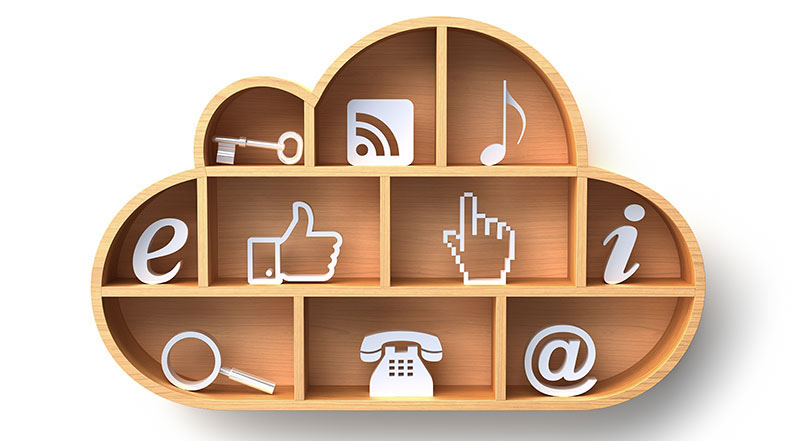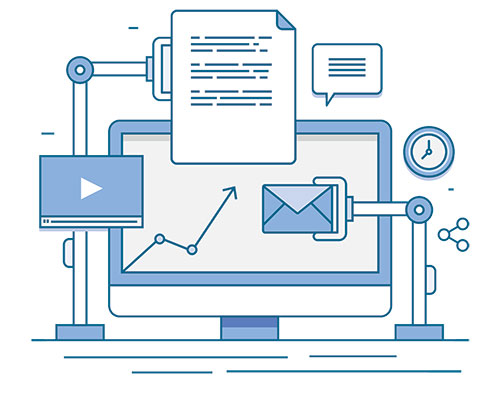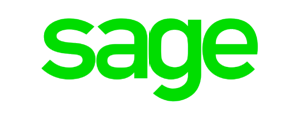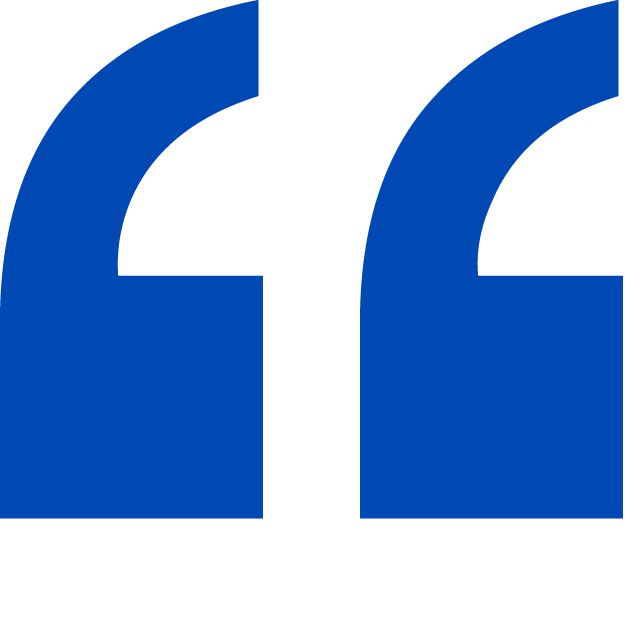Your dream when you set up your business was to be dynamic, exciting, well-organised and profitable. Instead, if you’ve noticed that your time, or that of your staff, is predominantly exhausted by tedious, repetitive administration, then it might be time to overhaul some of your operational processes.
 If you feel as if your business’ productivity could be improved, then you’re not alone. Recent research has revealed that the UK lags behind many of its European counterparts, such as Germany, when it comes to productivity, measured as output per hour worked.
If you feel as if your business’ productivity could be improved, then you’re not alone. Recent research has revealed that the UK lags behind many of its European counterparts, such as Germany, when it comes to productivity, measured as output per hour worked.
The ONS reported that, “productivity in the UK had been rising steadily before the recession, but it slumped in 2008 and has barely recovered since.”
One of the ways to improve productivity is to focus on the efficiency of your business operations, specifically addressing the prevalence of admin.
According to research, the average SME spends approximately 120 working days per year on administrative tasks, with accounting duties taking up more than 20% of total administration time.
If your business’ methods still involve manually creating invoices, posting them out to customers and then taking one-off payments via bank transfer, online payment, cheque or cash, then it’s time to modernise.
If you’re ready to cut out inefficient financial admin and reduce the time chasing invoices on the phone, then here are five tips to help your cash collection run more efficiently.
Tip 1: Move to the Cloud

Financial admin tasks such as creating invoices, printing and posting them to customers as well as keying in the same data to different documents, are all a huge drain on your time.
Cloud-based services host all your data in the cloud and are accessed via the internet. They’re not only more efficient, they’re also secure with many having the best anti-cyber-crime measures in place. Keeping all your data in the cloud also offers protection against stolen or lost hardware, for example if your office was broken into. It also means that if your operating software corrupts then you won’t lose any records and can still function.
You and your staff can log on from anywhere at any time.
You can quickly pull up the data you require by using intuitive dashboards, rather than trawling through various spreadsheets and documents to find, and then manually, crunch the figures. Using this kind of software means you can pull up real-time cash flow information at the click of a button. You can also reconcile in seconds.
Often the software has apps that you can download onto your phone, meaning you can manage bookkeeping tasks on the move, or from home. Managing your accounting online also cuts down on piles of paperwork and can help boost your environmental credentials by eliminating paper.
There are a number of affordable online accounting software platforms available that are designed for small businesses, such as Xero, QuickBooks and Sage.
Often, they offer free trials so you can try before you buy to find the perfect solution for you.
And, as well as moving your cash collection management to the cloud, you can also transform many other admin tasks by using technology solutions. Our article ‘10 Small Business IT Solutions Worth Investing in this Year’ offers some suggestions.
Tip 2: Make It Easy for Customers to Pay with Automation
 Have you noticed that most large companies offering recurring services and products always offer an option for Direct Debit?
Have you noticed that most large companies offering recurring services and products always offer an option for Direct Debit?
That’s because it’s the most efficient method of collecting recurring payments from customers.
Once only utilised by larger organisations, Direct Debit is now available to businesses of all shapes and sizes. Launched in 1968 by Bacs, Direct Debit revolutionised payment collection in the UK. It enables businesses to collect recurring payments directly from customers’ bank accounts at a pre-agreed time.
The customer approves a business to take funds and once set up, a Direct Debit can continue indefinitely until cancelled. Automating regular payments cuts down on tedious, time-consuming financial admin. It also helps companies to improve their cash flow, as they know when money owed will hit their bank account each month.
Direct Debit is not only easier for you, it’s also easier for your customers. Many customers don’t want the hassle of organising payment each time and would rather ‘set it and forget it’ with an automated option.
We’re all looking for ways to simplify our lives, and Direct Debit is an excellent tool for both busy customers and small business owners.
If you’d like to learn more about switching to Direct Debit services, read our guide here: ‘Step-by-Step Guide: How To Make The Switch To Accepting Direct Debit Payments’.
Tip 3: Set Up Helpful Notifications
 With the increased use of technology, email and social media, we’re bombarded with notifications.
With the increased use of technology, email and social media, we’re bombarded with notifications.
All of those pings, vibrations and alert pop-ups are often distracting. They pull your focus away from critical work and break your concentration. Ultimately, reacting to the majority of notifications is an inefficient use of your energy as an ambitious entrepreneur. Plus, pointless notifications are sucking precious energy away from your employees.
However, some notifications can be useful and can help you to save time rather than waste it. Making use of cloud-based software and Direct Debit services enables you to set up alerts for specific circumstances.
This means you can eliminate the need for constant oversight and checking in, and assume that everything is running smoothly until you’re notified that it isn’t.
For example, when you outsource your Direct Debit collection to a specialist third-party provider, you will get alerts when a collection hasn’t been successful.
Failed Direct Debits are rare, however knowing that you will be immediately alerted when this occurs means you no longer need to continually check your bank account to see if customers have paid on time, or reconcile payment information on unwieldy spreadsheets to discover which customer hasn’t paid.
Tip 4: Use an App to Chase Payments

It seems that there really is an app for everything.
Getting bogged down with credit control is unproductive and the constant chasing of customers can be disheartening for staff.
Does your business spend inordinate amounts of time keeping track of late payers, repeatedly following up with clients and handling cash flow issues caused by missed payments? Then it’s time to consider transforming your credit control with a dedicated application.
Apps such as Chaser and Fluidly help you to easily keep track of your outstanding payments. Features include supplying tried and tested templates, customisable scheduling to coordinate your chasing-up diary, setting credit limits specific to each client, and providing insightful advice to help you make the best credit control decisions.
Chaser and Fluidly both offer 14-day free trials so you can test out the platforms and see which best suits you and your business.
Tip 5: Integrate Your Software and Services
You might think that setting up and managing various new services and applications will be complicated. And that it will take up more time than your existing manual process to switch between software programs, or move data from one to the other.
However, the majority of software and services now integrate with one another, automatically sharing pertinent data across platforms to make your life easier, not harder.
For example, the cloud-based software Xero integrates smoothly with Direct Debit services from a specialist provider such as FastPay, as well as credit control app Chaser.
All these applications talk to one another, automating your accounting, Direct Debit payment collection and credit control tasks.
It’s Time to Evolve Your Cash Collection Process

According to the dictionary, efficiency is ‘the quality of being able to do a task successfully, without wasting time or energy’.
Does your cash collection process involve repetitive, often mundane, administrative tasks that could be automated? Are your staff wasting energy on endless credit control? Are there bottlenecks in the process? Is the same data manually inputted into various different documents? If the answer is yes to any of these questions, then your procedure is likely to be inefficient.
If you’re serious about growing your business and ensuring your staff are being as productive as possible, then put aside some time to thoroughly review your payment collection process.
Embracing cloud-based solutions that successfully automate many repetitive tasks will help you to evolve your cash collection management and administration. This will free up time for you to focus on activities that will help your organisation grow, for example: expansion, marketing, customer service or new product development.












